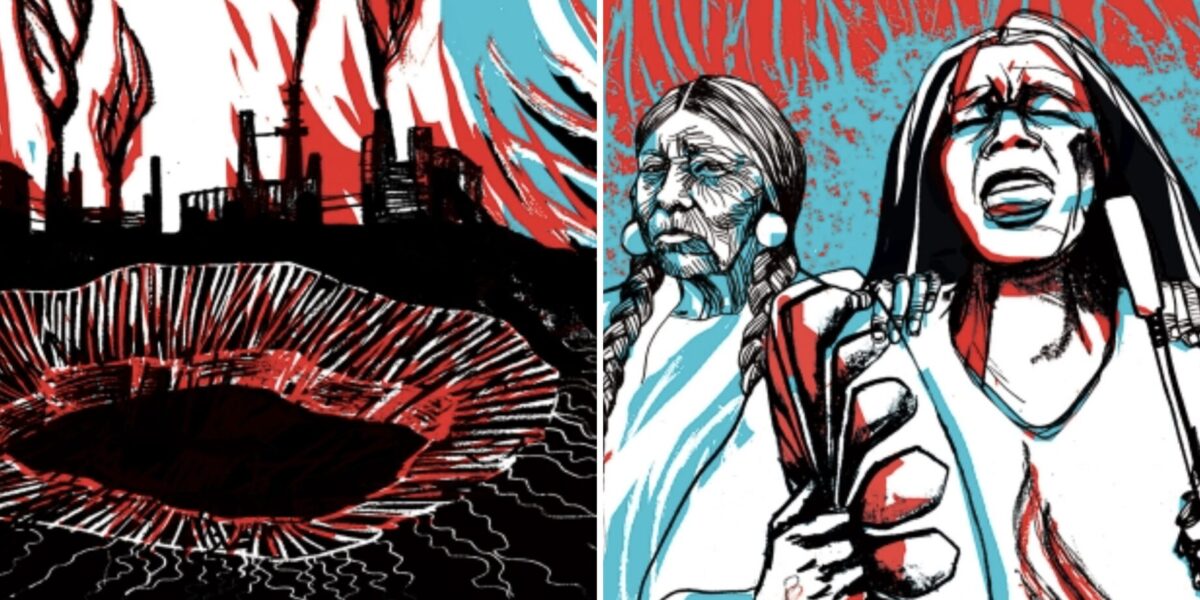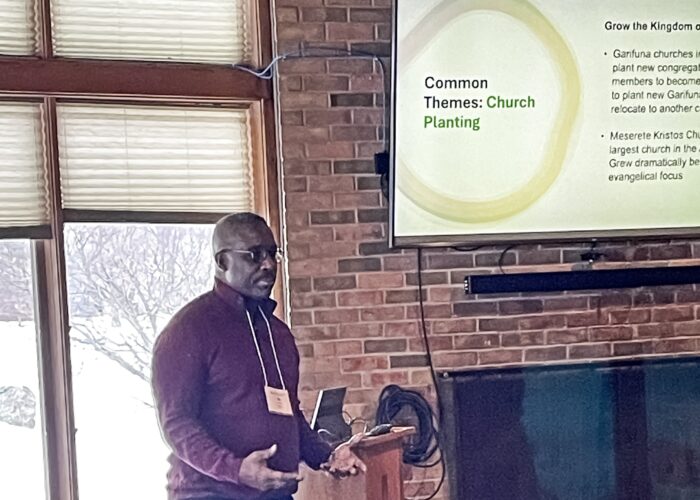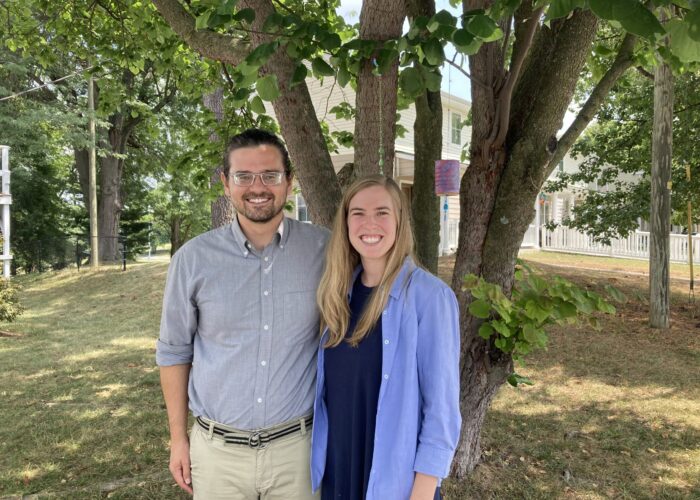Embrace a transformative perspective this season by exploring the
Indigenous Solidarity Network: Rethinking ‘Thanksgiving’ Toolkit with your family. In fostering understanding and empathy, this toolkit provides insights into Indigenous perspectives, history, and the complexities surrounding ‘Thanksgiving.’
By reading and reflecting together, we can engage in meaningful family conversations, broaden our cultural awareness, and work towards building a more inclusive and respectful future. Let the wisdom shared within this toolkit inspire dialogue that strengthens the bonds of solidarity and fosters a shared commitment to justice and reconciliation. We are all one.
What follows is the Introduction from the toolkit. This full document appears on the Indigenous Solidarity Network website.
Introduction
For many Indigenous People, giving thanks is a way of life. Among the Haudenushonne (Iroquois) Nations, an opening address, or Great Thanksgiving, are the words spoken at start of day and before any important gathering of people commences its activity… Other Indigenous People also begin their days and activities with a prayer of Thanksgiving for all creation. Thanksgiving, respect and reciprocity are core to our life ways.
– Barb Munson (Oneida Nation),
Wisconsin Indian Education Association, Indian Mascot And Logo Taskforce
There are many different experiences we will have over Thanksgiving – some of us will have lots of food, some of us will struggle to have enough. Some will be surrounded by people and some will be alone or with just one other person. For many, it’s an important time of coming together with family. This day also gives us a chance to look at and change stories we have about our families and ourselves. Thanksgiving is based on myths that hide and erase the genocide that the United States is founded upon. What would it mean to tell a different story; an honest story?
This past year has been filled with an emboldening of White supremacy. At the same time, more and more people are working to create something different. We cannot expect that justice will ever come if we are not willing to face the injustices of our past and present. Holidays can be a time to connect and talk about these realities and touch people’s hearts in profound ways. This can be fertile ground for lasting change.
The
Indigenous Solidarity Network has developed this toolkit geared for white folks to discuss
settler privilege and Thanksgiving with family, friends, and broader community. Deep gratitude to Dina Gilio-Whitaker and Roxanne Dunbar-Ortiz for sharing the chapter “Thanksgiving Proves the Indians Welcomed the Pilgrims” from their book
All the Real Indians Died Off: and 20 Other Myths About Native Americans. We need to talk about the history and ongoing reality of
settler colonialism. (Meaning how European people violently took over lands and peoples for their own gains, and came to stay. In the US, this process of settling included enslaving people of African descent to build a country on Indigenous land.)
If you’re having these conversations with People of Color and/or Indigenous peoples, listen to what they’re bringing. It’s important to look at the
complex ways that the colonization of Indigenous Nations went hand in hand with enslaving African people to work that land and how the violence is ongoing, as is Indigenous and People of Color led resistance. It can be hard for any of us to confront the ways we benefit from oppression and hard to talk about with people who do not agree with us. But this is how change starts and gives us the chance for real healing.
We invite you to take a moment to pause and breathe. What is happening in your body right now? How are you? Holidays are intense for many of us – whether they are filled with joy or sorrow and struggle, or a combination. Taking time to pause and notice how we are doing and what is happening can support us to continue to be in hard conversations.
As with any work in which we are acting in solidarity against oppression, we recognize that we do this work not ‘for’ Indigenous Peoples, but in partnership. We act out of mutual interest, recognizing that we are all facing the crisis of climate catastrophe and environmental destruction. It is Indigenous peoples who are fighting back most intensely and defending their lands. Supporting Indigenous protection of lands and waters ensures they will be protected for future generations.




